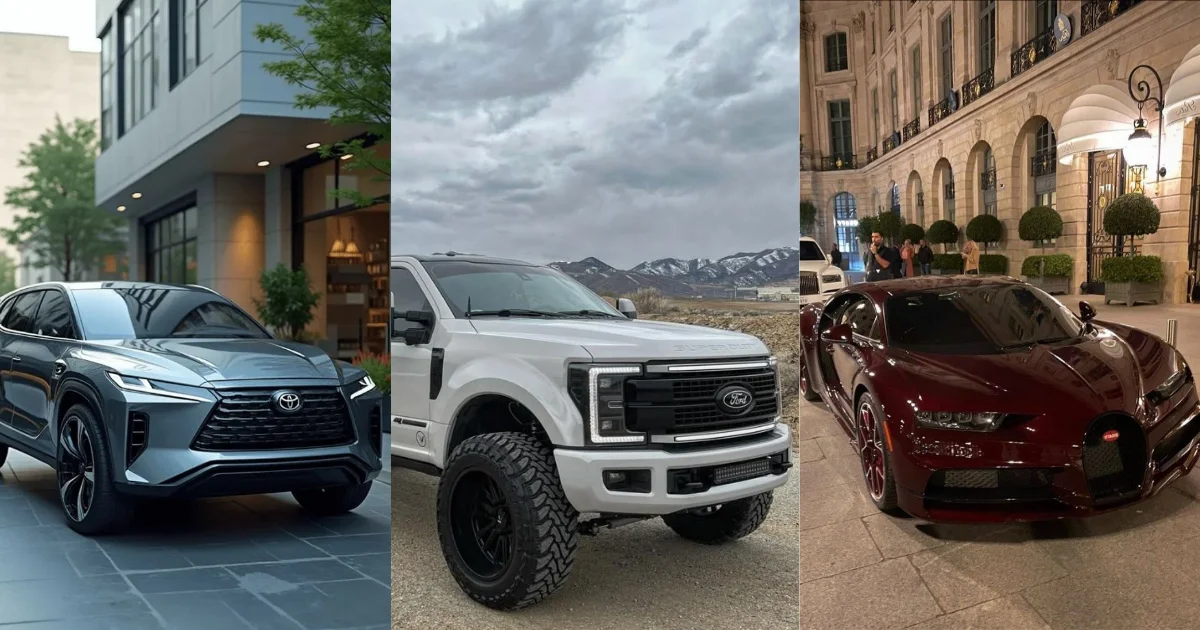Channel your inner Vogue and Confidence!

Purchasing a used car can be a smart financial decision especially when done through a reputable dealership. However, making the right choice requires more than just finding a car that looks good on the outside. Whether you’re shopping locally or browsing used car lots Mobile, AL, understanding the inspection requirements before buying is crucial. A thorough inspection can help uncover potential issues, ensure the vehicle meets legal and safety standards, and ultimately protect your investment. This guide will walk you through the essential inspection requirements and considerations when buying a used car from a dealer, helping you make a confident and informed decision.
Although dealers are generally expected to offer vehicles in better condition than private sellers, that doesn’t mean every car on the lot is trouble-free. A used car inspection provides peace of mind by identifying existing or potential mechanical problems, signs of accidents, frame damage, and more. It also ensures the car complies with your state’s safety and emissions regulations.
Even though dealers may perform their own inspections or reconditioning, it’s important to know what was checked, what might have been overlooked, and what additional inspections you can request or perform before finalizing the deal.
When you purchase a used vehicle from a dealer, it may come with a pre-sale inspection performed by their in-house technicians. However, it’s wise to understand the difference between this inspection and an independent, third-party inspection:
Whenever possible, opt for an independent inspection, especially if the dealer allows you to take the vehicle off-site for a short period.
A complete used car inspection covers a wide range of areas to assess the car’s safety, reliability and overall condition. Key areas include:
Many dealerships offer certified pre-owned Ford, Honda, Toyota, and other brands that come with a manufacturer-backed inspection and warranty. CPO vehicles must meet specific age and mileage criteria and pass a rigorous multi-point inspection.
Dealers are legally required to disclose certain information about the cars they sell, but not all issues will be apparent on the surface. Request a vehicle history report from services like Carfax or AutoCheck. These reports can reveal:
Keep in mind that even with a clean history report, a physical inspection is still essential. Some damage may never be reported and mechanical issues can develop without being documented.
Each state has its own regulations regarding used car inspections particularly concerning emissions and safety. For example, some states require dealers to ensure the car passes:
In many cases, the dealer is responsible for making sure the vehicle is compliant before it is sold. However, it’s wise to double check and confirm what inspections have been completed.
Used cars sold by dealers often come with either limited warranties or are sold “as-is.” Understanding the difference is vital:
Come prepared with a list of questions that can help clarify the condition of the used car:
A trustworthy dealer will be transparent and cooperative in answering these questions.
Before sealing the deal, take the time to evaluate financing options. Dealerships often offer in house financing but it’s worth comparing rates with your bank or credit union.
Also, consider the total cost of ownership, including insurance, taxes, registration, maintenance and fuel efficiency. Don’t let excitement over a low sticker price distract from the long term costs.
Buying a used car from a dealer can be a rewarding experience if you approach it with preparation and caution. Whether you’re browsing larger chains or exploring used car lots Mobile, AL, a proper inspection is the key to protecting your investment and avoiding future headaches. From understanding the difference between dealer and independent inspections to reviewing history reports and watching for red flags, every step of the inspection process plays a role in ensuring you drive away with a safe, reliable vehicle. Take your time, ask questions and never skip the inspection—it’s your best defense in the used car buying process.